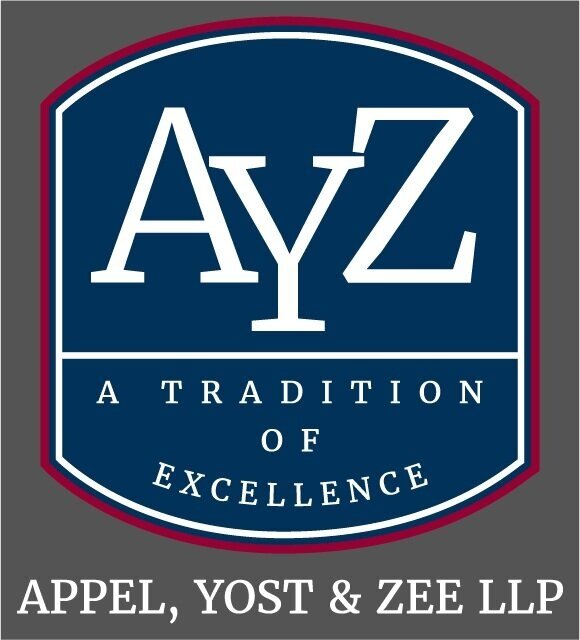U.S. Supreme Court Determines Claims for Nominal Damages Satisfy Redressability Requirement
The United States Supreme Court recently grappled with the question of whether a claim for nominal damages (trivial sum [usually $1] awarded to a plaintiff whose rights have been violated but who has not established entitlement to compensatory damages) in connection with past, completed injury, prevents dismissal of a claim as moot. In Uzuegbunam v. Preczewski, an 8-1 decision authored by Justice Thomas, the Court held that nominal damages provide the necessary redress for violation of a legal right that is sufficient to maintain legal standing.
In Uzuegbunam, a college student wanted to speak about his religion and distribute materials on campus. Per college policies, the student was required to secure a permit and was limited to two “free speech zones” on campus designated for free expression. After securing a permit, the student began speaking in one of the designated areas. However, a campus police officer asked him to stop due to complaints from others in the area. The college’s speech policies prohibited speech that “disturbs the peace and/or comfort of person(s).” The officer informed the student that his speech violated college policies, and disciplinary action would result if he continued.
The student (along with another student who shares the same faith) challenged the college’s speech policies, arguing that that the policies violated the First Amendment. The students sought injunctive relief and nominal damages. Rather than defending the challenged policies, the college eliminated the policies and sought dismissal of the claims for mootness. While the students conceded that their request for injunctive relief was no longer at issue, they maintained that they still had standing based on their remining claim for nominal damages.
The Court reviewed common law precedent and the historical developments surrounding the award of nominal damages for a constitutional free speech violation and determined that the prevailing rule established at common law was “that a party whose rights are invaded can always recover nominal damages without furnishing any evidence of actual damage” because “every violation of a right imports damage.” The Court held that nominal damages can redress the student’s injury even if he cannot or does not quantify the harm in economic terms.
Dissenting, Chief Justice Roberts challenged the Court’s reasoning and opined that the case is moot because nominal damages alone do not grant the student “any effectual relief whatever” and that such an award merely represents a “judicial determination that the plaintiffs’ interpretation of the law is correct – nothing more.” Roberts cautioned that the Court’s decision risks a major expansion of the judicial role by requiring federal courts to review policies and actions whenever a plaintiff asks for a dollar. He noted that it may be possible for a defendant to end the litigation without a resolution on the merits by accepting an entry for nominal damages (Justice Kavanaugh also expressed this concern his concurrence).
The holding clarifies that nominal damages by their very nature can keep an otherwise moot case alive. Thus, it is possible that various claims seeking solely nominal damages may now be required to a proceed until a resolution is reached on the merits.
If you have questions regarding the implications of the Court’s decision, please reach out to Raymond A. Durkin or any of the attorneys in the Appel, Yost & Zee Education Law Group.
